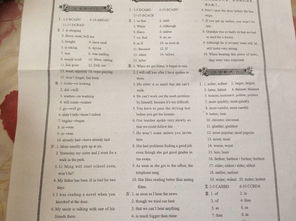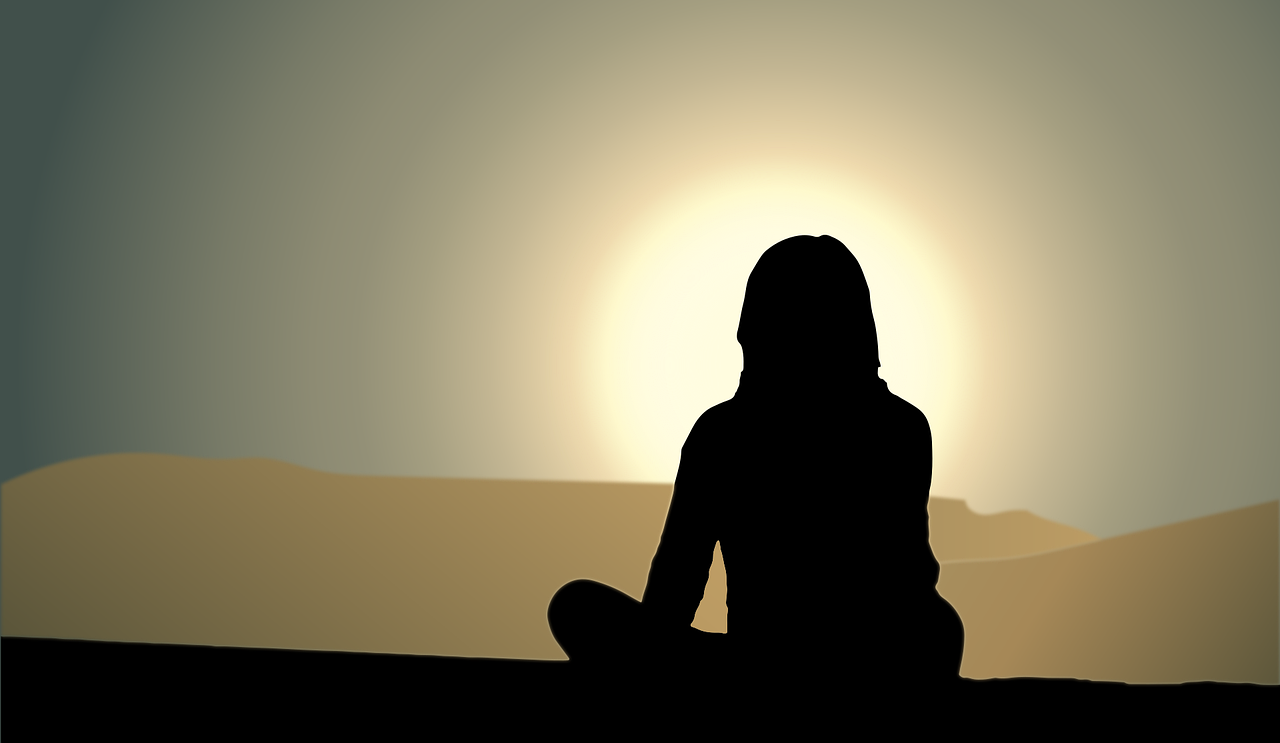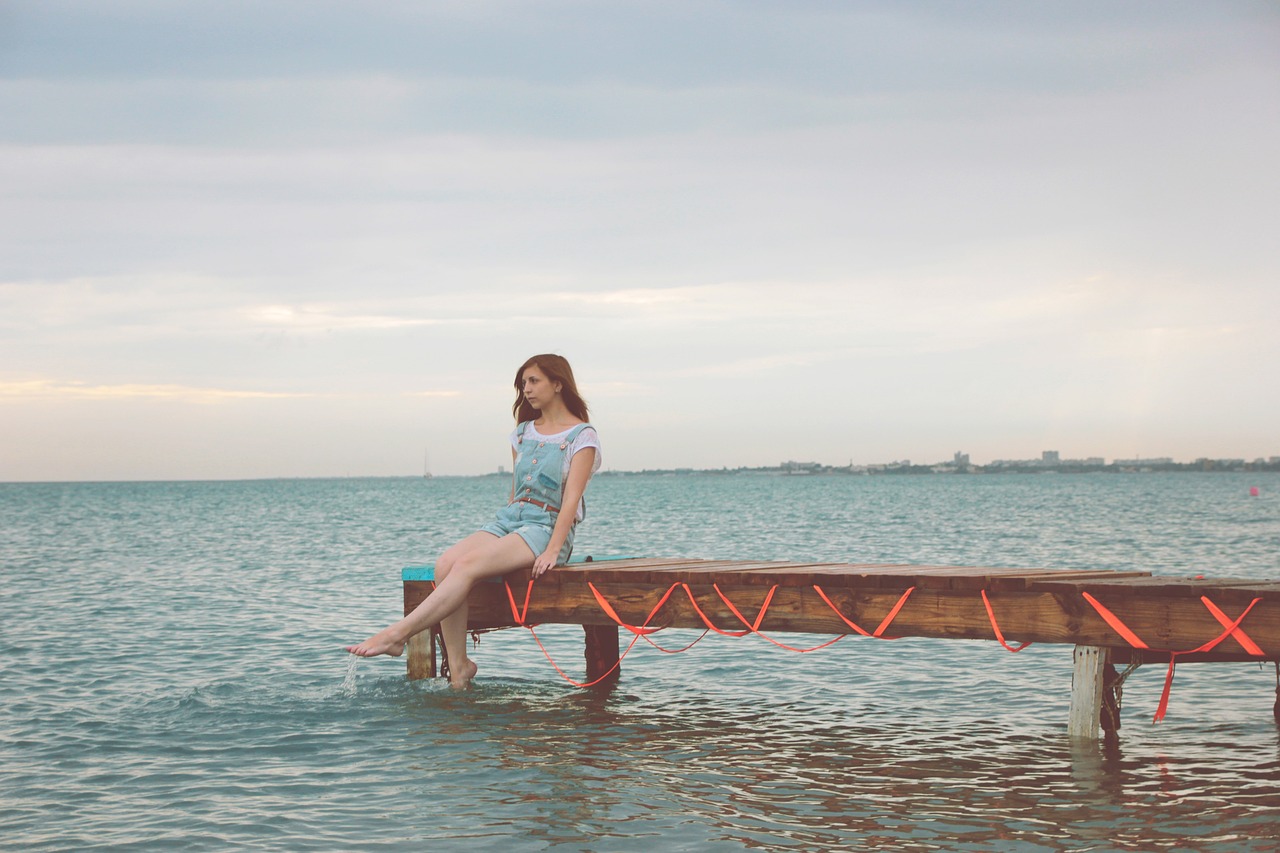艺术创作能力英文单词怎么写
Artistic Creativity
Creativity is a fundamental aspect of artistic expression and plays a vital role in the field of art. It is the ability to think, imagine, and come up with new and original ideas, concepts, and forms of artistic expression. In the context of art, creativity refers to the capacity to innovate, experiment, and break away from conventional norms and traditions.
There are several English words and phrases that can be used to describe artistic creativity. Here are a few:
1. Imagination: The ability to create mental images or ideas that are not directly based on reality. Imagination allows artists to visualize concepts, themes, and narratives in their artwork.
2. Innovation: The introduction of new ideas, techniques, or approaches in art. Artists who are innovative constantly push the boundaries of what is considered traditional or conventional in their respective disciplines.
3. Vision: A clear mental image or concept of what an artist aspires to create. Having a strong artistic vision helps guide the creative process and enables artists to develop a consistent body of work.
4. Originality: The quality of being novel, unique, and distinct from anything that has been done before. Originality is highly valued in the arts, as it demonstrates an artist's ability to bring something new and fresh to the creative landscape.
5. Experimentation: The act of exploring different methods, materials, or techniques in order to discover new possibilities and expand artistic boundaries. Experimentation encourages artists to take risks and embrace unexpected outcomes.
6. Expression: The act of conveying thoughts, emotions, or ideas through artistic means. Artists use various forms of expression, such as painting, sculpture, writing, or performance, to communicate their creative vision to others.
7. Inspiration: The triggering of ideas, emotions, or motivations that fuel the creative process. Artists often draw inspiration from their surroundings, experiences, historical events, or other artworks.
8. Intuition: The ability to understand or know something instinctively, without the need for conscious reasoning. Intuition plays a significant role in artistic creativity, as artists often rely on their gut feelings and instincts when making creative decisions.
Developing and cultivating artistic creativity is essential for artists to thrive in their chosen fields. Here are a few tips to enhance artistic creativity:
1. Embrace curiosity: Stay openminded and seek inspiration from various sources, including other art forms, nature, or everyday life experiences. Be curious about different techniques, materials, and perspectives.
2. Step out of your comfort zone: Challenge yourself to try new approaches, experiment with different mediums, or explore unfamiliar subjects. Pushing boundaries and taking risks can lead to breakthroughs in creativity.
3. Nurture your imagination: Set aside dedicated time for daydreaming or brainstorming ideas. Allow your imagination to roam freely, and don't be afraid to let your thoughts wander into uncharted territories.
4. Surround yourself with creativity: Engage with other artists, visit museums and galleries, read books, attend workshops, or join artistic communities. Surrounding yourself with creative people and environments can fuel your own creative energy.

5. Embrace failures and learn from them: Not every creative endeavor will be successful, and that's okay. Learn from your mistakes, see them as opportunities for growth, and use them to refine your artistic process.
Remember, artistic creativity is a journey rather than a destination. It requires continuous practice, exploration, and nurturing. As artists delve into the depths of their creativity, they contribute to the everevolving art world and leave a lasting impact on society.










